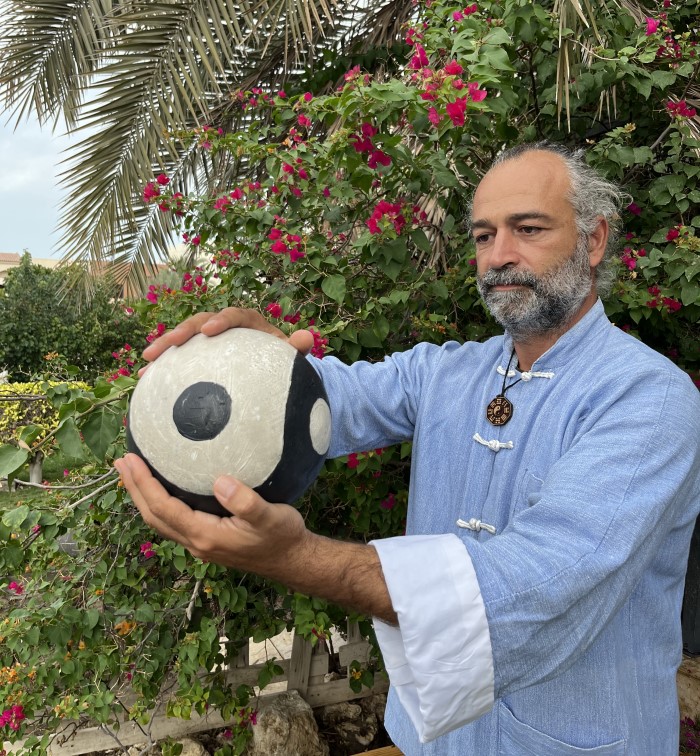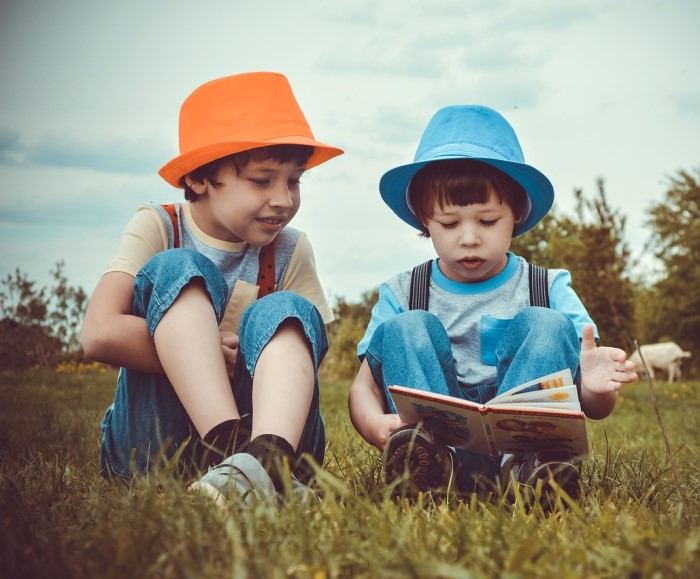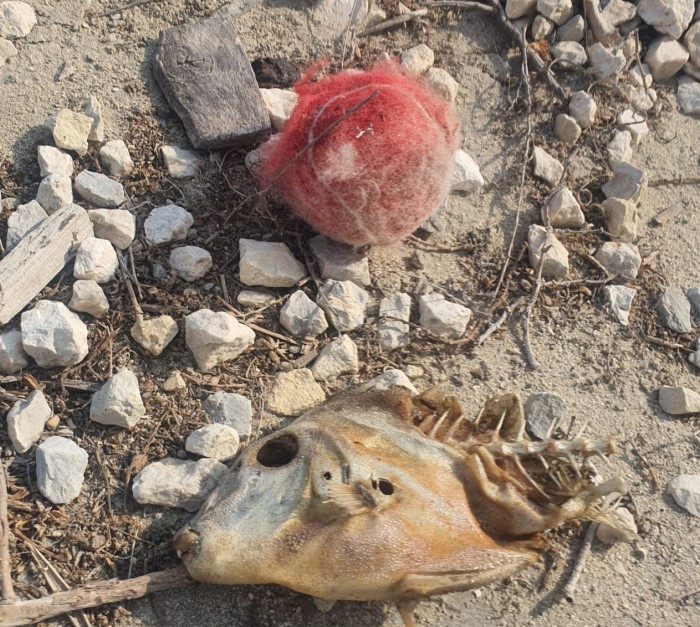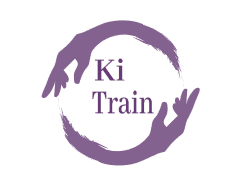Life Experiences: The Unfolding of Yin and Yang
Tai Chi manifests in our world of duality as a multitude of different Yin and Yang combinations. At the human level, these are displayed as life stories. Human beings are born storytellers. Their life unfolds through stories. Everything in life is based on a story, subjectively referred to as ‘reality’.

We experience the early part of our lives through other people’s stories (parents, siblings, friends and teachers) before growing old enough to build our own. We develop our own values and beliefs, which later become our ‘instruction manual’ for life.
Each Day is a Life By Itself
Every day is a life in itself, with one or more stories to read, write, listen, tell and most importantly, live. Each story is charged with different emotional meanings which impact our physical body, thereby affecting our health and wellbeing.
Whenever we encounter a new story, whether our own or others’, it is predominantly a mental experience. Because they exist in our mind, the stories get augmented by our individual imaginations and gain an associated emotional charge. Every emotion triggers a different hormonal reaction. Consequently, every story will affect different people’s physical bodies in a unique way, based on their own analogies to previous life experiences. Analogies have a limiting effect on how we perceive life, which is something we need to be aware of. That is why there is truth in the common saying that there are always two sides (or more) to every story.
Addicted to Stories
We become addicted to watching videos on a screen because we get to immerse ourselves in a universe of different stories and ‘realities’. Almost every kid has fantasized about being a hero or a princess, a ‘Spiderman’ or a ‘Barbie’. Some have even bought tailor-made costumes to dress up for the day as their favorite characters.

Many people have had stories imposed on them by family, religion or tradition. The truth is that nobody can force a story on us, unless we allow it. Using free will becomes crucial if we want to be in charge of our own life story. But what does Tai Chi have to do with all these realities of life? How can we use our understanding of Tai Chi to choose the best story for our life? More importantly, how can Tai Chi allow us to let go of unwanted life stories?
When living with stress, fear or anxiety, our body has a tendency to resist fighting it, instead interpreting it as code for a ‘survival’ type of situation. In other words, our body is trying to help us survive a ‘crisis’. Stories filled with fear, shock, anxiety or anger trigger hormones stemming from our primal survival instincts, as a product of ancient ancestral DNA coding. Many millennia ago, fear was highly valuable in alerting us to immediate dangers, from wild predators to hostile attacks from neighboring tribes. Today, the modern dangers are more about our financial and social statuses.
The body (run by the subconscious mind) doesn’t distinguish much between a mind story and actual reality, mainly because reality is composed of stories. As part of the body’s fight-or-flight response, cortisol is released during stressful times to give your body the energy boost it requires to combat the situation. But when being stressed becomes a habit, the prolonged existence of cortisol in the body will affect the blood sugar levels (causing diabetes) and bone density (causing osteoporosis), among other issues.
About Adrenaline
From personal experience, whenever I suffered an accidental injury, I felt more powerful than ever in that moment, but it never lasted beyond a mere half hour. Upon a traumatic bodily injury, adrenaline, which is the most powerful natural drug produced by the human body, kicks in. When a real body injury happens, adrenaline is a lifesaver. It blocks pain to the extent that you can actually reach the emergency room by yourself and save your life, even if incapacitated with broken bones or such.
Adrenaline can cause dizziness, light-headedness and changes in vision. It causes the release of glucose, just as a fight-or-flight response would necessitate. When only a story unfolds (as perceived by the mind) and not a serious accident or injury, the physical body doesn’t differentiate. The adrenaline kicks in again, to assist in the survival process. But there is no actual need for life preservation in the physical sense, it is only a story. A simple example would be having anxiety regarding a non-physical conflict at work or home, or stressing before an upcoming exam.
When adrenaline is released, there is a massive energy consumption in the body, which can be felt long after the incident. This negatively impacts the immune system and overall health. The kidneys get depleted of energy, which may result in several other energetical imbalances of the body. This is why there is usually intense fatigue and need for rest after a highly stressful ‘story’.
The Observer Mode
Tai Chi allows you to return to the point of neutrality, a place of balance between Yin and Yang. When observing reality from that perspective, the stories will be simply that: only stories.

Being the observer of your life can make you smile when you hear a story, whether your own or others’, because you know it is just another story. Practicing Tai Chi means practicing being in the observer mode, centered and unaffected by the stories you encounter. It is a place of wisdom and contemplation, where free will truly exists and can be acted upon. It is the seat from where you decide which stories to allow into your life, knowing what will benefit you and your wellbeing. In other words, being within the point of neutrality gives you the power of good decision.
Dramatic stories cause emotional traumas which, if left unresolved within your mind, eventually lead to physical illness. Our mind is our most valuable asset and Tai Chi is a unique tool that allows us to maximize its benefits. Investing in Tai Chi yields higher returns to your life and wellbeing by balancing your emotions and clarifying your thoughts.
Being proactive rather than reactive can make a huge difference to your life. When we give ourselves enough time to decide on a course of action, coupled with making emotionally balanced decisions, we have the capability to make the wisest choices, even in the midst of a crisis.

Neuroplasticity offers a scientific explanation for the mechanism by which Tai Chi resets emotional charges and unwanted thought patterns.
